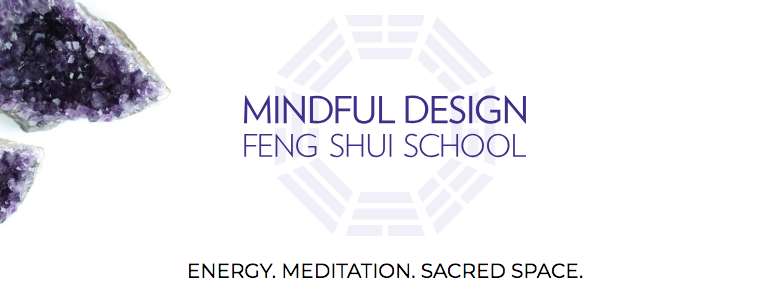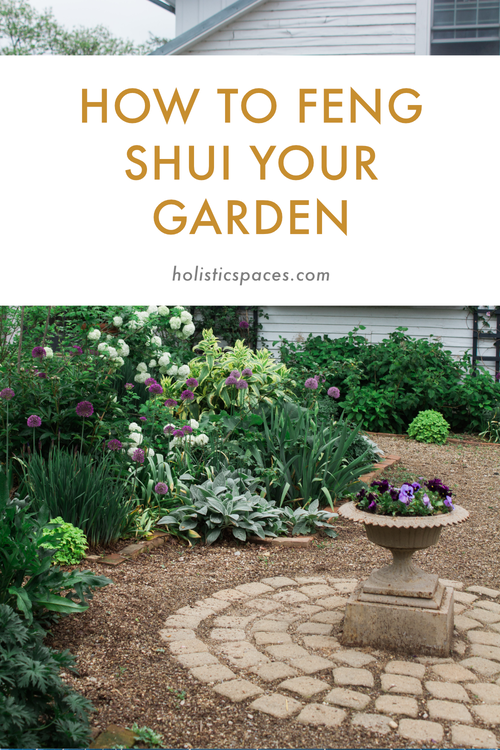Anjie Cho was featured on PureWow
For many of us, our interior design skills are based on instinct: We arrange our furniture, art, even the books on our shelves based on what looks good—and, if we’re being honest, what will fit in any given space. Sometimes that works, sometimes it’s…a cluttered jumble that we hope we’ll fix someday. But for practitioners of Feng Shui, there’s an art to placing every item in your home—one that can affect the flow of energy, or Chi, throughout each room. “The intent is to create an environment that nourishes you holistically,” writes Anjie Cho in Holistic Spaces: 108 Ways to Create a Mindful and Peaceful Home.
One of the primary tools to achieve just that is through a Feng Shui Bagua Map, which essentially divides a space into eight areas that can boost different types of energy in your life, be it relationships, wealth or spiritual growth, just to name a few. The center of the map, which forms the ninth section, is considered a neutral zone. It represents a sense of balance and of being grounded.
Once you have a reading of where those areas are in your home, you can arrange the things you own—according to the principles of Feng Shui—to encourage abundance in those areas.
But! Before you click print on the map below and dash off to use it, there are a few things to know first.
…read full article
If you’d like to learn more about feng shui, check out Mindful Design Feng Shui School at: www.mindfuldesignschool.com






